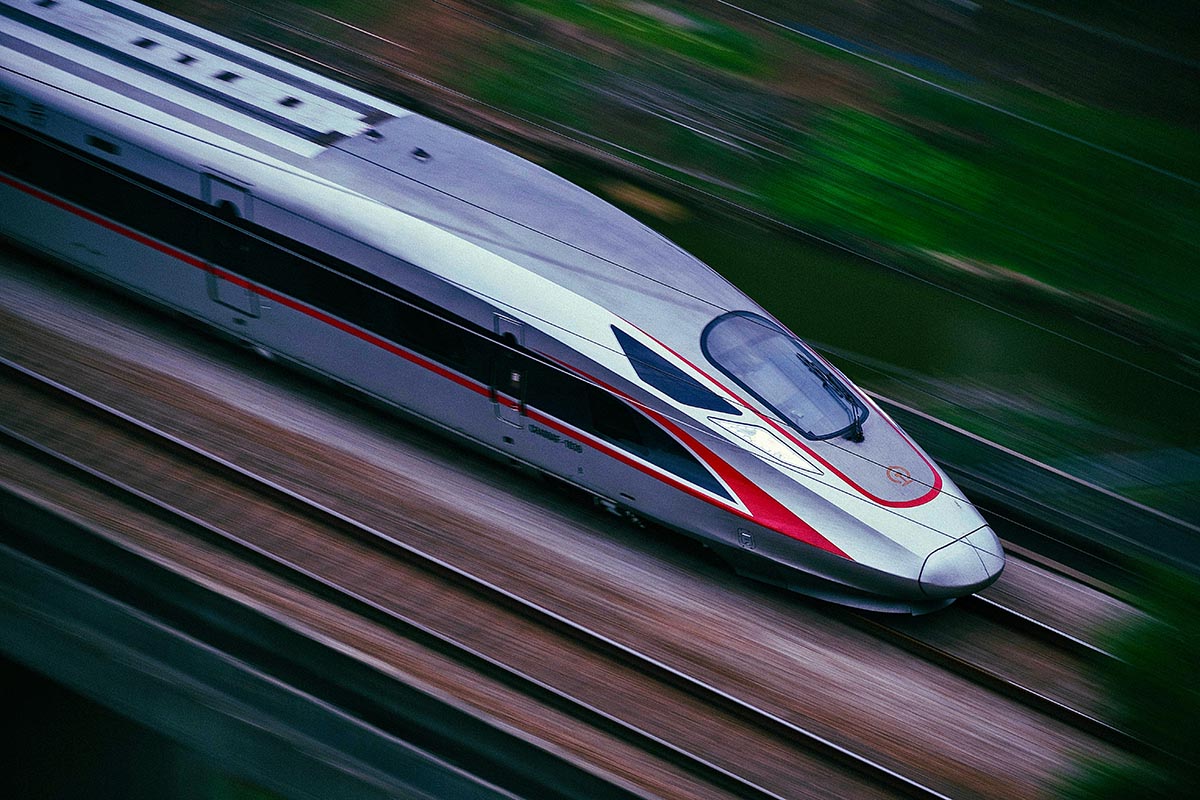
Transportation has always been a cornerstone of human progress. From the first domesticated horses to the invention of the wheel, each leap in transportation technology has reshaped societies, economies, and the way people connect. In recent decades, technological innovation has accelerated at an unprecedented pace, fundamentally transforming how we move from one place to another. Today, travel is faster, safer, more efficient, and more accessible than ever before.
The Evolution of Transportation Technology
The 20th century marked a period of rapid advancement in transportation. Automobiles, commercial aviation, and high-speed trains revolutionized the speed and reach of travel. Cars enabled personal mobility like never before, while airplanes shrank the world, allowing people to cross continents in hours instead of weeks. Meanwhile, public transit systems evolved to handle increasing urban populations, making cities more navigable and reducing dependence on private vehicles.
The 21st century has seen the integration of digital technologies, reshaping how we interact with transportation systems. GPS navigation, ride-hailing apps, and real-time tracking systems have made traveling more convenient, reliable, and efficient. Travelers can now plan journeys, book tickets, and track progress all from the convenience of their smartphones.
The Rise of Intelligent Transportation Systems
Intelligent Transportation Systems (ITS) have become a central feature of modern travel. These systems use sensors, cameras, and data analytics to improve traffic management, reduce congestion, and enhance safety. Smart traffic lights, for instance, adapt to real-time traffic conditions, easing the flow of vehicles and minimizing delays. On a larger scale, cities are employing data-driven strategies to optimize public transport routes, providing passengers with faster and more predictable journeys.
ITS has also paved the way for autonomous vehicles. Self-driving cars, buses, and trucks are being tested and implemented worldwide, promising to reduce accidents caused by human error and make transportation more efficient. While widespread adoption is still in progress, autonomous technology is undeniably set to transform travel in the coming decades.
The Impact of Digital Platforms on Travel
Digital platforms have not only enhanced convenience but have also expanded access to transportation services. Apps that connect travelers with rideshares, taxis, or car rentals have made it easier than ever to move within cities. Similarly, online platforms now allow people to transport goods with minimal effort. For example, services like www.shiply.com provide a streamlined way to arrange deliveries and shipping, connecting users with transport providers who can handle tasks efficiently and reliably. This kind of platform reflects the broader trend of using technology to simplify complex logistics and expand mobility options for both individuals and businesses.
High-Speed and Sustainable Travel Innovations
Technology has also driven innovations in speed and sustainability. High-speed rail networks, electric vehicles, and alternative fuel solutions are reshaping travel habits. High-speed trains can rival short-haul flights, reducing travel times while lowering environmental impact. Meanwhile, electric and hybrid vehicles are becoming increasingly mainstream, offering quieter, cleaner alternatives to traditional combustion engines. Transportation technology is no longer just about moving faster; it’s about moving smarter and more sustainably.
Looking Ahead: The Future of Travel
The future of transportation promises even more transformative changes. Hyperloop systems, flying cars, and AI-driven traffic management could redefine the limits of mobility. As technology continues to advance, the integration of these innovations will likely create a travel ecosystem that is more interconnected, efficient, and environmentally responsible than ever before.
In conclusion, transportation technology has reshaped the way we travel, making journeys faster, safer, and more accessible. From intelligent traffic systems and digital platforms to sustainable vehicle innovations, each advancement enhances the way we move and connects the world more seamlessly. As we look forward, these technological developments suggest that the future of travel will be even more dynamic and transformative.


Leave a Reply
You must be logged in to post a comment.